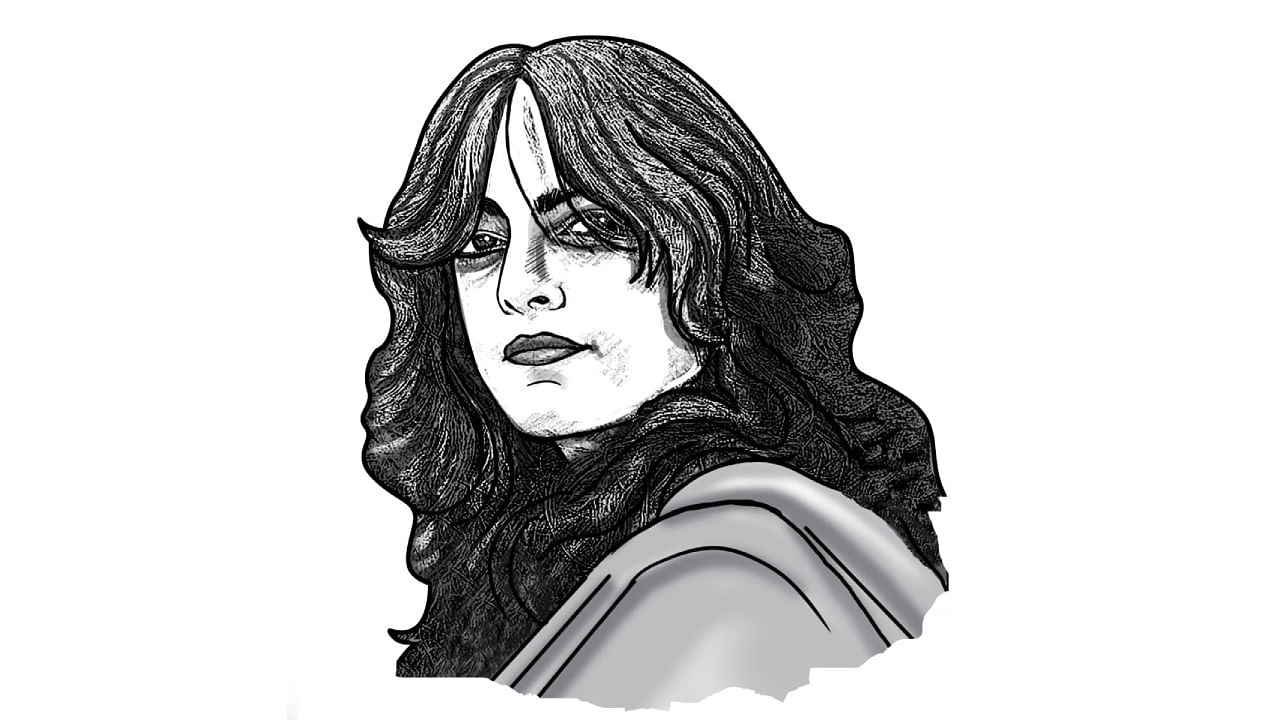
Why would a democratic government call the BBC names and send Income Tax officers after it in painfully obvious retaliation? That’s a trick question: the government in question is an insecure electoral autocracy with control freak instincts but no control over its feelings. The Hindu’s former editor, N Ram, called the move ‘akratic’— akrasia being the Greek word for that state of mind in which you do something against your own interests, against your better judgement. One senior citizen called it a form of throwing your toys out of your pram when you don’t get your way.
Behaving like a big sinister baby with the media is default for the Modi government, which holds the press to be unnecessary, and public relations to be paramount. The BBC has committed the sin of raking up the Gujarat riots, which the Prime Minister has spent twenty years of public relations erasing from his person and from public memory. The thing that he most regrets about those riots, he tells the interviewer in the BBC documentary, is that he wasn’t able to “handle the media”.
Today, an almost wholly domesticated national media sustains a loud PR campaign adoring the Prime Minister, vilifying his critics, and screeching about India’s coming golden age. So far, it seems to keep voters from noticing the nasty realities around them. But anyone with two working synapses could have told Modi that trying to intimidate the BBC puts the ‘crazy’ back in ‘akrasia’— it has only succeeded in getting every major newspaper in the world to recap his violent, sectarian rise to power, and mention the UK Foreign Office report that holds him “directly responsible” for the impunity of the 2002 violence. But this government can’t fake its instincts — which are to pile stupidity upon ugliness by accusing the persecuted of conspiracy and thus shoot itself in the democraticles. Narendra Modi has disgraced himself in the eyes of the world press.
It’s too bad that it takes a foreign media organisation’s involvement to get people to pay attention to the Modi’s government’s true colours, but better late than never.
From the New York Times to The Economist to the South China Morning Post, the world has suddenly remembered what happened in Gujarat under his watch.
The world press has, that is. Where’s the condemnation from the world’s democratic governments? Hollow laugh. Their feet might be held to the fire by their own institutions, but they have a long history of not giving a toss about democratic values anywhere else, as long as they can access resources, markets, and geopolitical clout.
The Economist’s columnist Banyan writes that “next time Banyan hears a Western leader congratulating Mr Modi on their countries’ ‘shared democratic values’, his stomach will turn.” Ours, in India, has been turning for years, all the while that the world press joined world leaders in sanitising the Indian Prime Minister and treating him like the shining gateway to the Indian market. Perhaps the Hindenburg and Forbes investigations of the Adani empire have cast a shadow over both the Indian market and the Prime Minister’s proximity to his pet billionaire. Maybe that frees up the world media’s mind space enough to notice the bloodstains and jail terms and harassment.
Maybe the press freedom palaver will die down, but the Adani debacle will really hurt. Maybe the one matters to democracy, and the other matters to everyone.
Either way, the truth is that those who live by public relations, die by public relations. Whether the current inferno of bad PR causes a scratch or a serious wound remains to be seen, but it is unlikely to leave Narendra Modi unscathed.
(Mitali Saran thinks a good asteroid could solve all our problems)